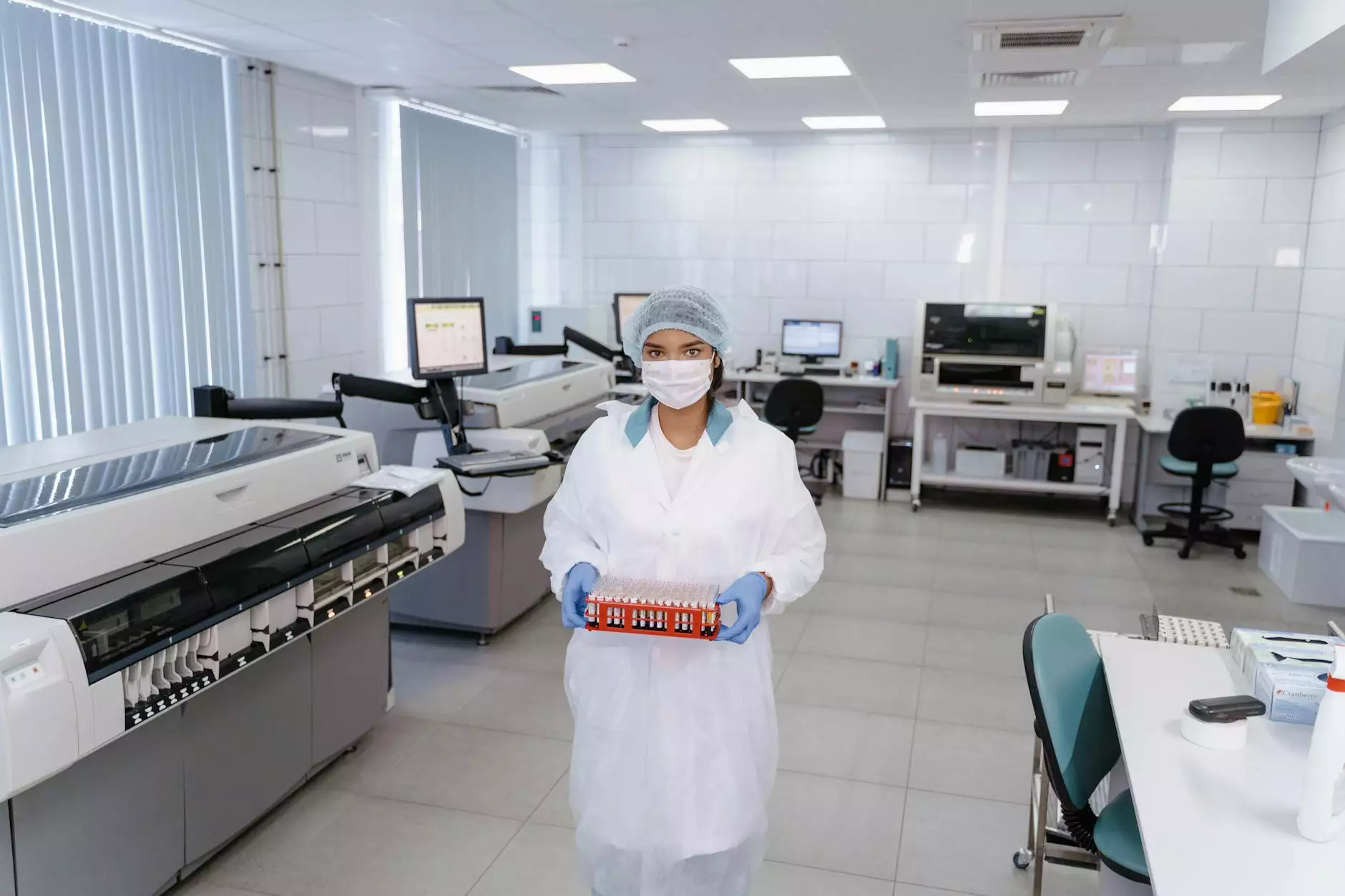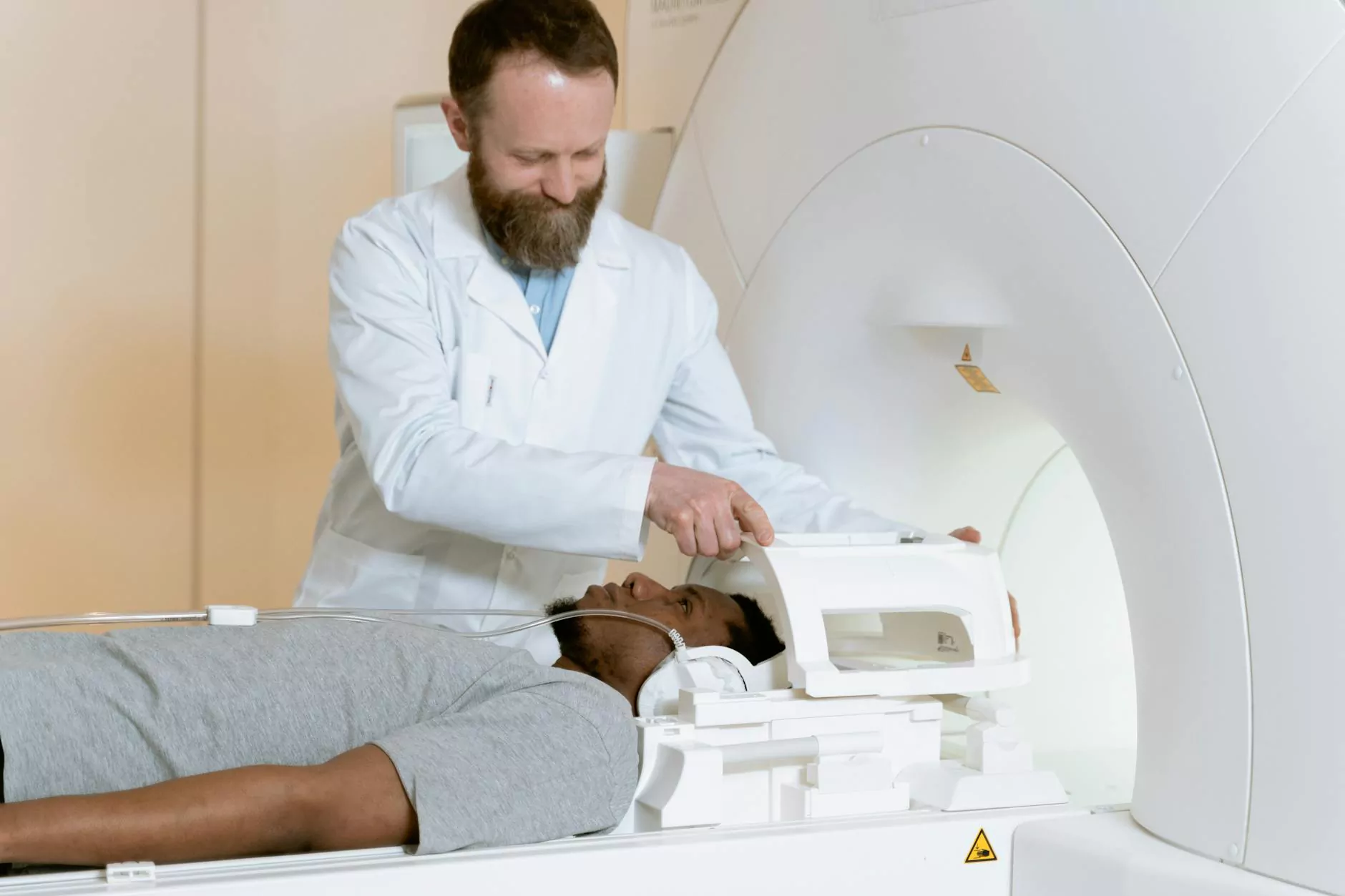Comprehensive Guide to Colon Cancer Treatment Clinics

Colon cancer remains one of the most pressing health challenges globally. As awareness increases and early detection improves, the importance of specialized facilities cannot be overstated. In this extensive guide, we will delve into the ins and outs of colon cancer treatment clinics, outlining their pivotal role in patient care, the various treatment options available, and what one should expect when seeking help.
Understanding Colon Cancer
Colon cancer, which originates in the large intestine (colon), often begins as small clumps of cells called polyps that can develop into cancerous tumors over time. Factors such as age, family history, diet, and certain inflammatory intestinal conditions contribute to the risk of developing this malignancy.
According to the American Cancer Society, the number of newly diagnosed cases of colon cancer is on the rise. Consequently, the demand for effective treatment options and specialized colon cancer treatment clinics is increasing.
The Role of Colon Cancer Treatment Clinics
Colon cancer treatment clinics serve as comprehensive care centers aimed at providing multidisciplinary treatment to patients facing this diagnosis. These clinics bring together an array of healthcare professionals including oncologists, surgeons, radiologists, pathologists, and nutritionists to create a personalized treatment plan for each patient.
Core Services Offered
Some of the primary services that you can expect from these specialized clinics include:
- Diagnosis and Screening: Early detection is crucial in treating colon cancer effectively. Clinics often provide advanced screening options like colonoscopies and genetic testing.
- Individualized Treatment Plans: Based on diagnostic results, clinics develop tailored treatment strategies that may involve surgery, chemotherapy, or radiation.
- Support Resources: Emotional and psychological support is vital. Many clinics offer counseling, support groups, and resources to help patients cope with their diagnosis.
- Nutritional Guidance: Diet plays a significant role in recovery. Nutritionists guide patients on how to maintain a healthy diet during and post-treatment.
- Follow-Up Care: Continuous monitoring and follow-up appointments are essential to ensure the cancer does not return or progress.
Types of Treatments Available
Colon cancer treatment is not one-size-fits-all; the method chosen typically depends on the cancer stage, location, and the patient's overall health. Here are the main treatment modalities:
Surgery
Surgery is often the first line of defense against colon cancer. The type of surgery performed depends on the tumor's size and the cancer's stage. The main surgical procedures include:
- Polypectomy: Removal of polyps found during a colonoscopy.
- Surgical Resection: Removing a portion of the colon that contains the tumor along with nearby lymph nodes.
- Colostomy: In some cases, it may be necessary to create an artificial opening (stoma) to allow waste to leave the body.
Chemotherapy
Chemotherapy uses drugs to destroy cancer cells, often used after surgery to eliminate any remaining cancerous cells. It may also be given before surgery to shrink tumors, making them easier to remove.
Radiation Therapy
This treatment uses high-energy waves to target and kill cancer cells. While not commonly used for early-stage colon cancer, it can be beneficial for advanced cases, particularly those with tumors in the rectum.
Targeted Therapy
Targeted therapy involves drugs or other substances that block the growth of cancer cells by interfering with specific molecules involved in tumor growth and progression.
Choosing the Right Colon Cancer Treatment Clinic
Selecting the appropriate clinic for colon cancer treatment can significantly affect outcomes. Here are some considerations to keep in mind:
Accreditation and Credentials
Ensure that the clinic is accredited and has certified professionals. Organizations like the National Comprehensive Cancer Network (NCCN) set rigorous standards for cancer care.
Multidisciplinary Team Approach
Opt for clinics that embody a multidisciplinary approach. Clinics comprising various specialists can provide comprehensive care, ensuring all aspects of treatment are managed.
Patient Support Services
Evaluate the patient support systems available at the clinic. Effective emotional and psychological support can enhance the patient's overall experience and improve recovery outcomes.
Insurance and Payment Options
Check whether the clinic accepts your insurance plan, and understand any out-of-pocket expenses that may arise. Financial counseling services can also help navigate treatment costs.
The Importance of Early Detection
Early diagnosis of colon cancer is vital for treatments to be most effective. Routine screening is essential, particularly for those at higher risk. Here are a few methods for early detection:
- Colonoscopy: Recommended starting at age 45 for average-risk adults; this procedure allows for early detection and removal of polyps before they develop into cancer.
- Fecal Occult Blood Test (FOBT): A simple test that can detect blood in stool, an indication that something may be wrong.
- Flexible Sigmoidoscopy: Similar to a colonoscopy but examines only the lower part of the colon.
Living Beyond Colon Cancer
Surviving colon cancer is just the beginning. Many patients face long-term effects and require ongoing support. Here are ways to thrive post-treatment:
Follow-Up Care
Regular follow-up appointments are essential for monitoring health post-treatment. These visits allow for the early detection of recurrence and management of any long-term side effects.
Nutritional Support
A healthy diet rich in fruits, vegetables, lean proteins, and whole grains can promote healing and prevent recurrence. A nutritionist at the treatment clinic can help develop an individualized eating plan.
Support Groups
Connecting with others who have faced similar battles can be invaluable. Many colon cancer treatment clinics offer supportive environments through group therapy sessions and survivor networks.
Final Thoughts
Colon cancer is a serious condition, but with early detection and access to specialized colon cancer treatment clinics, patients can navigate their diagnosis with hope and assurance. Facilities like those listed on oncologicalsurgery.net provide not only cutting-edge treatments but also the support needed to embark on the road to recovery.
For anyone facing a diagnosis of colon cancer or wishing to learn more about methods of prevention and treatment, becoming informed and proactive is crucial. Seek guidance from healthcare professionals and take the initial steps towards a healthier life today.



